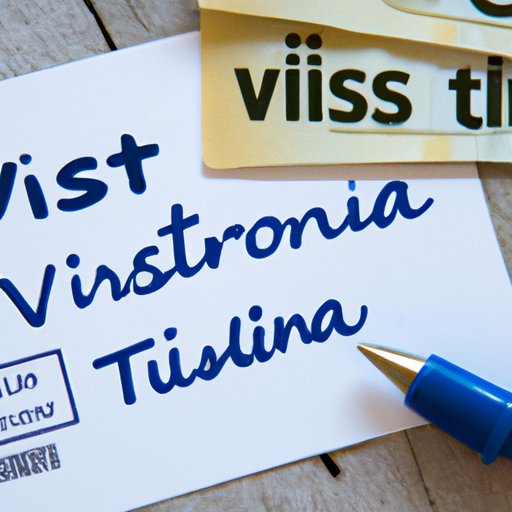
Introduction
If you’re considering a move to New Zealand, you’re not alone. With its stunning natural beauty, high-quality healthcare, and welcoming culture, New Zealand is quickly becoming a top destination for expats looking for a fresh start. However, moving to a new country can be overwhelming, which is why we’ve put together a comprehensive guide to help you navigate the process and make the transition as smooth as possible. Whether you’re a recent graduate or a seasoned professional, this guide will provide you with all the tools you need to make your dream of living in New Zealand a reality.
Step-by-Step Guide
Moving to New Zealand requires careful planning and preparation. To help you out, we’ve put together a step-by-step guide to make the process as straightforward as possible. First and foremost, you’ll need to obtain a visa before entering the country. There are several types of visas available depending on your circumstances, which we’ll discuss in more detail in the next section. You’ll also need to plan for housing, healthcare, education, and employment. The more you plan, the easier the transition will be.
Visa Options
The first step in moving to New Zealand is obtaining a visa. There are several visa options available depending on your circumstances, including working holiday visas, student visas, and work visas. The most common type of visa is the Skilled Migrant Visa, which is designed for people who have skills that are in demand in New Zealand’s job market. Other visa options include the Entrepreneur Work Visa, the Partner Visa, and the Investor Visa.
It’s important to note that the requirements for each visa option vary, but generally speaking, you’ll need to provide evidence of your qualifications, work experience, and language proficiency. You’ll also need to pass a health check and a character assessment.
To increase your chances of getting your visa approved, it’s a good idea to engage the services of a licensed immigration adviser. They can help you navigate the process and ensure that you meet all the requirements.
Cost of Living Guide
New Zealand is a relatively expensive country, and it’s important to plan accordingly. In general, you can expect to pay more for housing, food, and transportation than you would in many other countries. However, the high quality of life and excellent healthcare system make it a worthwhile investment.
Housing costs vary depending on where you live, with larger cities being more expensive than rural areas. On average, a one-bedroom apartment in Auckland will set you back around NZ$2,000 per month. Food prices are generally comparable to other western countries, with the exception of fresh produce, which can be more expensive. Healthcare is subsidised by the government, making it relatively affordable.
To save money, it’s important to be budget-conscious. Cook meals at home instead of eating out, take public transportation instead of driving, and shop at farmer’s markets for fresh produce. There are also several expat groups and websites dedicated to helping newcomers find great deals on everything from housing to entertainment.
Job Opportunities
New Zealand’s job market is robust, with opportunities available in a wide range of industries. Some of the most in-demand sectors include healthcare, IT, engineering, and construction. If you have skills in these areas, you’ll find plenty of job opportunities available. However, it’s important to note that competition for jobs can be fierce, so it’s important to have a standout resume and cover letter to make you stand out from the crowd.
You can search for jobs online through websites like Seek and Trade Me Jobs. It’s also a good idea to network with other expats and attend job fairs and industry events. If you’re unsure about whether your skills are in demand in New Zealand, you can consult the Essential Skills in Demand list, which outlines the skills and occupations that are currently in demand in the country.
Cultural Adaptation Tips
New Zealand is a highly multicultural country, with a rich history and unique culture. To help ease your transition, it’s important to learn as much as you can about the country’s history, social norms, and customs. Some of the most important things to keep in mind include the importance of humility, the emphasis on family, and the country’s strong environmental ethos.
One of the best ways to make friends and adjust to the local culture is to participate in local activities and events. Join a sports team, attend a music festival, or take a class in something that interests you. You’ll meet new people and broaden your horizons at the same time.
Conclusion
Moving to New Zealand can be a life-changing experience, but it requires careful planning and preparation. By following our comprehensive guide, you’ll be prepared for every step of the process, from obtaining a visa to finding a job and adapting to the local culture. Remember to stay open-minded, flexible, and patient, and you’ll be able to make the most of your new life in this beautiful country.





